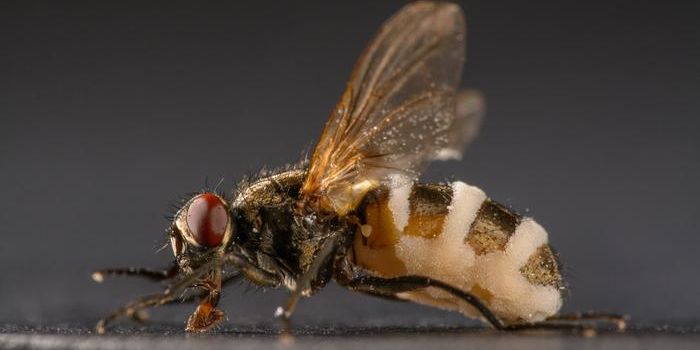Can the Right Gut Bacteria Relieve Chronic Lung Disease?
A lung disease called chronic obstructive pulmonary disease (COPD) can have close connections to bacteria in the human gastrointestinal tract, according to new research published in the journal Gut. COPD is a chronic lung disease in which patients have difficulty breathing. It is usually attributed to the inhalation of toxins like long-term cigarette use or exposure to air pollution, for example. Worldwide, COPD is the third leading cause of death. Now we can add it to the long list of conditions that have been associated with the vast community of microbes in the GI tract, called the gut microbiome.
Researchers have shown that specific types of gut bacteria are linked to the development of COPD. While this does not show a cause and effect relationship, the investigators also determined that when fecal bacteria were transferred from healthy mice to mice with COPD, symptoms of COPD were relieved in the recipient mice.
Although more research will be needed to confirm these findings in humans, they offer a potential new avenue for the prevention or treatment of COPD.
The gut microbiome is large and diverse, and its composition can trigger inflammation, or inhibit it, noted senior study author Professor Phil Hansbro, Director of the Centenary UTS Centre for Inflammation. This research has highlighted the complex relationship between inflammation, the gut microbiome, and lung disease, and has shown that fecal microbiota transfer (FMT) might be a possible treatment for COPD, added Hansbro.
"We used FMT to transfer beneficial gut microorganisms between healthy and COPD mice, which helped to reduce lung inflammation and improve breathing. This suggests a potential therapeutic effect of these specific gut microbes in mitigating COPD-related issues," said Hansbro.
It may also be possible to improve COPD symptoms in patients with dietary changes, the study authors found.
"Enhancing the diet of a small select group of human COPD patients through dietary fiber supplementation led to noticeable improvements in disease symptoms," said lead study author Dr. Kurtis Budden, from the Hunter Medical Research Institute.
These findings were also confirmed in mice. When a mouse model of COPD was fed a high-resistant starch diet, there were improvements in their condition. "These discoveries point towards a promising direction for dietary modification in the management of COPD," said Budden.
Right now, there is no cure for COPD, so this work may eventually help patients live longer, healthier lives.
Sources: Centenary Institute, Gut









